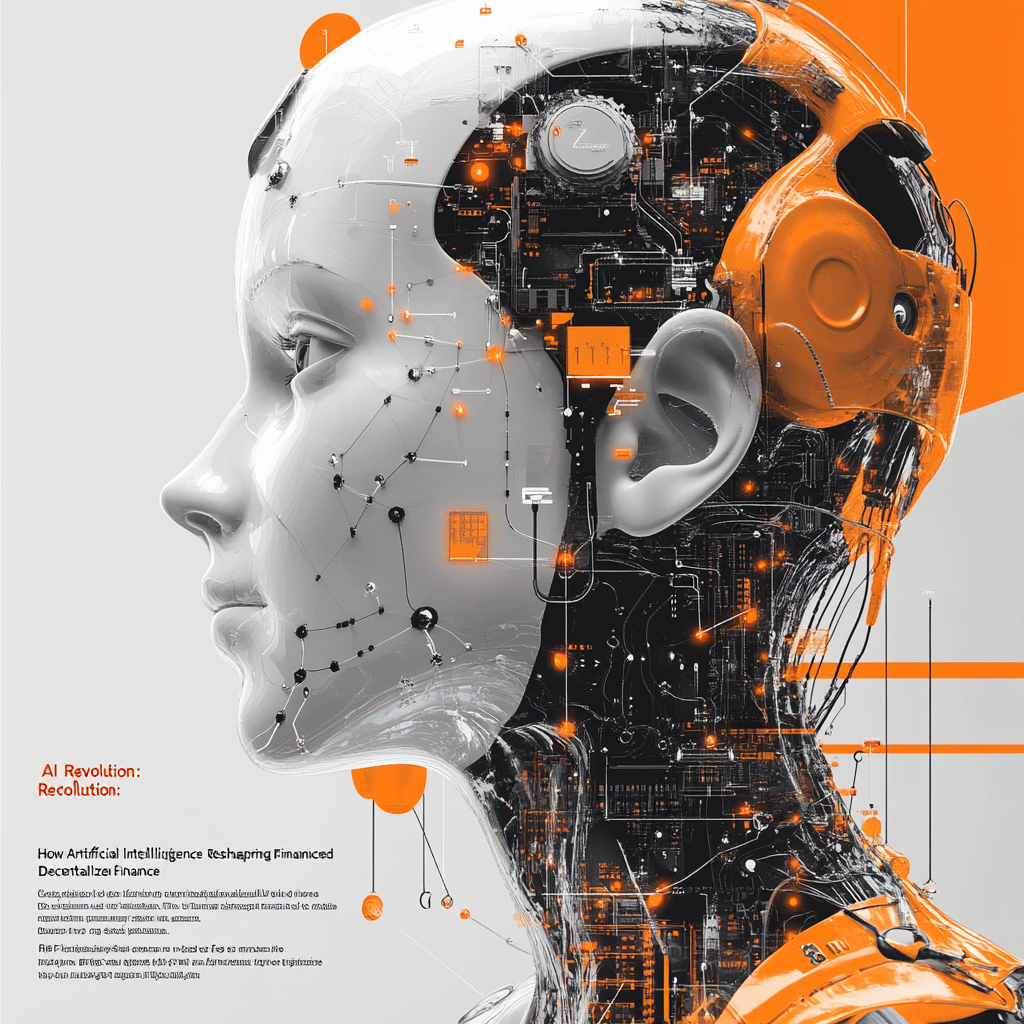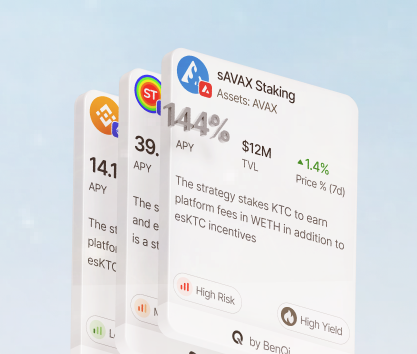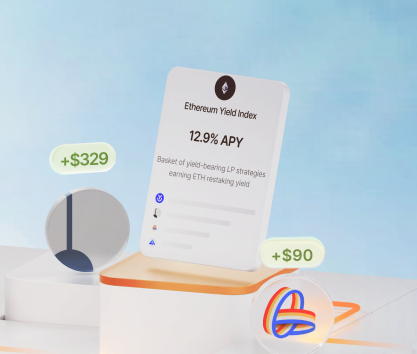Incorporating various forms of expert AI systems, autonomous agents, and all other bells and whistles hyped up by the tech industry into the decentralized finance ecosystem is not an easy task. ASA or the Artificial Superintelligence Alliance formed by Fetch and SingularityNet have been trying to come up with a great product for years now. However, we still do not see any fruits of their labor.
The very idea of DeFi AI implementation seems to be more than just logical and obvious to many experts and even laymen. The decentralized finance domain is largely automated and blockchain technology with its rigid infrastructures offers itself to autonomous agents as it naturally provides railings for them to rely on for better performance.
An enormous number of scientific papers and survey reports on the topic were published just in the last decade. Centralized and decentralized machine learning models seem to be performing well at tasks that require thorough data processing, pattern recognition, and predictive analytics. Existing models are capable of recognizing abnormal trading instances, potential crypto bubbles, and valuable investment opportunities.
Artificial intelligence in finance
To understand why AI agents are such a hot topic today and how they work, we must discuss the use of machine learning and expert AI systems in the fintech industry. It is a rather well-diversified sector that has many solutions rooted in different types of models and technologies. The use of CNN (convoluted neural networks) in finance is not news to anyone. It is an old technology that has been evolving rapidly with the improvements in hardware.
Many contemporary efforts are channeled into the development of predictive crypto analytics based on generative AI. The incorporation of models that work similarly to ChatGPT, borrow some of its features, or simply use it as the foundation is one of the busiest areas in the fintech sector.
Here are some of the solutions in this particular field:
- ChainGPT is a multi-dimensional solution that operates just like ChatGPT by providing insights, gathering data from social networks, and extrapolating historical data to make it easier for crypto investors to navigate the DeFi Space. The token is doing quite fine with a $291 million market cap and positive price dynamics.
- Maneki AI by Rivo is an excellent product for investors interested in intelligent risk assessment and improved portfolio management. This agent ensures easier onboarding for newcomers, provides valuable insights, and provides solid financial advice while expertly managing user portfolios. The platform has over 10 thousand active users and 28 curated DeFi products.
These are useful tools for forward-thinking crypto enthusiasts foreseeing a significant technological shift in the industry. AI-driven financial analytics and fully autonomous agents interacting with blockchains already exist and will improve in the not-so-distant future.
Various developments in this particular sector of the DeFi ecosystem attract not only financiers but also researchers. There is a strong incentive for scientists to explore the world of DeFi and how contemporary AI systems can affect it.
Crypto machine learning in DeFi
CNN and similar models are successfully used across the finance ecosystem. CNN, RNN, LSTM, and other models can be used for a variety of tasks including the following:
- Predicting investor sentiment. According to Sohangir et al., CNN is excellent for identifying changes in investor sentiment. While their research was focused on the stock market, AIXBT is a highly specialized agent that can do the same for the crypto market.
- The financial time series method is used for a variety of assets and commodities including cryptocurrencies. Multiple studies indicate that CNN, RNN, and RCNN models are some of the best for crypto pattern recognition and identifying market trends.
- Predictive analytics for cryptocurrencies. An interesting study was conducted in 2017 by Ortu et al. The team used MLP, LSTM, MALSTMFCN, and CNN models to forecast Bitcoin and Ethereum prices by allowing models to use multiple sources of data including social media, technical analysis, and more. They achieved an impressive 84% accuracy using the LSTM model.
These approaches can be compressed into products that will significantly improve investment outcomes for end users. According to industry-wide surveys, close to 65% of all retail investors are using algorithmic trading as their main method of interacting with the market. Over 60% are regularly working with advisors. The audience for systems that can provide assistance in building better strategies and making decisions is quite large.
With such a wide range of potential applications, artificial intelligence technologies are spreading like wildfire reaching all corners of the DeFi ecosystem.
How does blockchain intelligence work?
Structurally, almost all AI agents have a very simple design. In essence, every single one of them consists of three distinctly different layers:
- Data input. It is a collection of systems that access and gather information from various sources including data aggregators, social media, and blockchain itself.
- AI/ML. The heart of the system processes available data and produces actionable outputs that can be immediately executed on the chain.
- The blockchain interaction layer. All AI agents must have the necessary functionality to interact with decentralized networks and execute system outputs.
“While each of the layers can have incredibly complex components and work with a wide range of data types, all AI agents are essentially the same as in they gather data from the blockchain, process it, and create an output.”
All neural networks in DeFi are designed like that. While we have systems that do not directly interact with the DeFi ecosystem and provide complimentary features like social media sentiment analysis, the vast majority of highly anticipated products are focused on direct DeFi integration. AI agents also can be investment targets!
If you go to the Virtuals website, you will find over 600 agents that are deployed on various social media platforms to produce content and farm engagement. These can be hugely influential. Similar products can be designed using the framework offered by Fetch AI. Investing in these instances of AI agents has proven to be an effective method of capital allocation.
Here are some other ways in which AI agents are changing the cryptocurrency market:
- Next-gen automated investment strategies. Instruments like GunBot, HummingBot, and many others are designed to remove redundancy and sluggishness from asset trading. Modern AI agents can make them even faster and even create new, unique approaches to trading.
- Added speed and security in blockchain development. ChainGPT and Fetch AI have tools that do smart contract optimization with audits and even initial coding. We are very close to the moment where anyone can build new DeFi instruments even if they do not have any technical expertise and coding experience.
- Improved decision-making. Many users are already asking systems like ChatGPT how to invest their capital. However, generative AI is not trained on specific data to produce very specific outputs. Modern predictive crypto modeling systems take into account historical market data, social media sentiment, and other data points to provide expert-level advice.
While it seems that the future is already here, crypto enthusiasts must remember that many of these promising tools are still in active development and may never reach their dream potential. We are not yet at the point in time where fully autonomous financial systems can exist and produce value without any human input or supervision.









